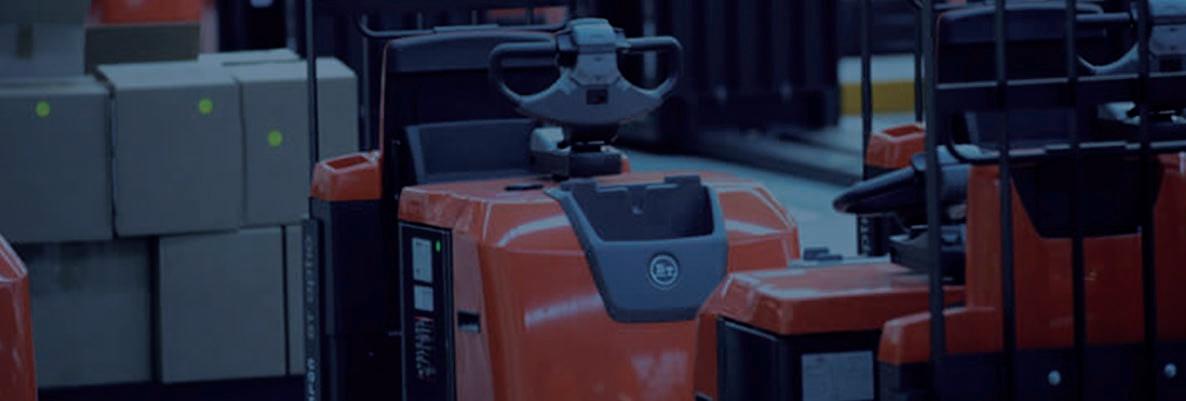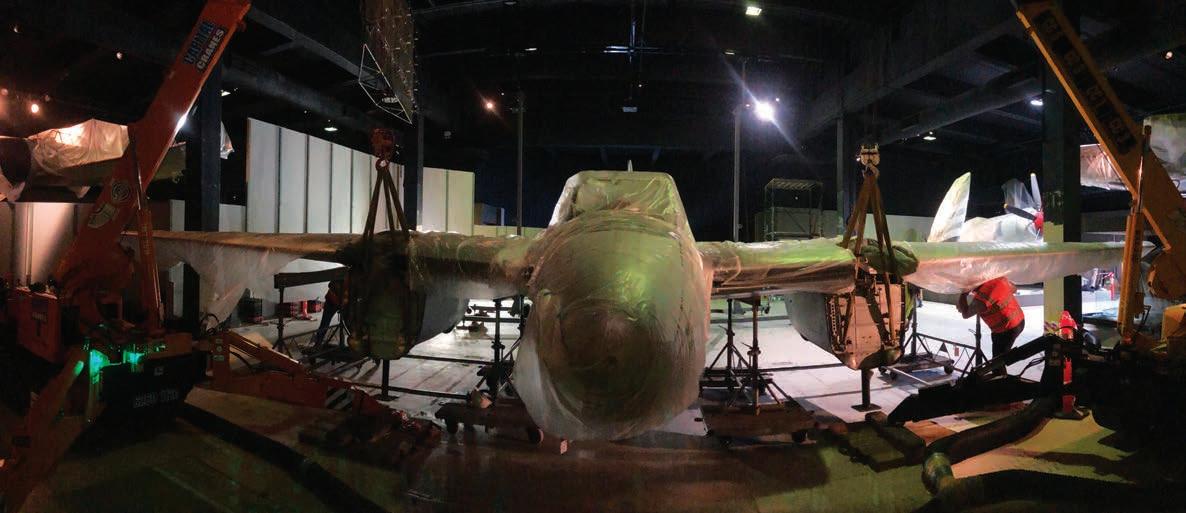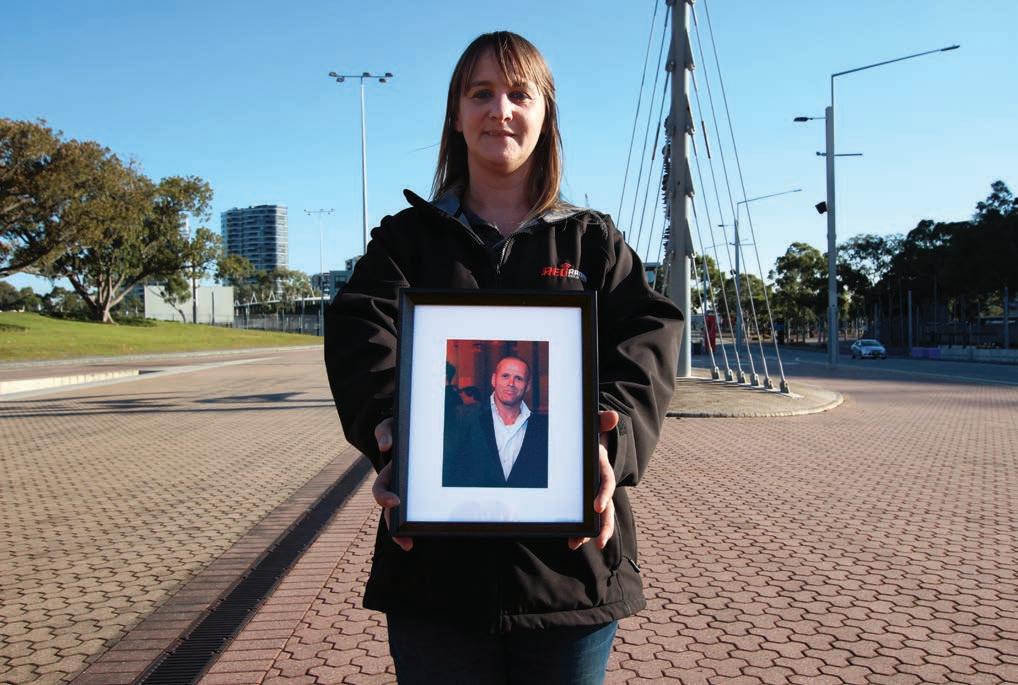
14 minute read
Mental health and wellbeing in the construction and crane sectors Mental health and mental wellbeing is of major concern for our industry
Casey-Lee bravely tells the story of Glenn’s suicide hoping it will make a difference to the way the crane industry views mental health and wellbeing.
WE NEED TO LOOK OUT FOR EACH OTHER
Mental health and mental wellbeing are oft used terms, but many in a male dominated industry like the crane sector dismiss it saying, “it won’t impact me”.
CASEY-LEE POWELL RUNS RED RADIO
Solutions, a business specialising in communication solutions for the crane sector. Casey-Lee is now a widow following the suicide of her husband Glenn. She has bravely decided to tell her story, in the hope it will increase awareness of men’s mental well-being and suicide prevention in the crane industry.
Glenn and Casey-Lee Powell had been operating Red Radio Solutions for six years, it was in the last 12 months leading up to Glenn’s suicide that Casey-Lee noticed he was beginning to struggle.
“During those last 12 months he began to voice his opinion and he’d wake up in the morning saying he didn’t want to live, and he couldn’t go on; it was a really slow but steady progression.
“A lot of this involved alcohol abuse, he began drinking heavily and he was slowly losing control. As a result of the alcohol, he became depressed and he was being treated with medication for the depression.
“As his wife and his business partner, I witnessed his personal struggle behind the scenes, but saw the pride he took in his work. I could see people from the outside looking in would never have known Glenn was struggling, and that’s how he wanted it,” she said.
According to Casey-Lee, Glenn had the perception that if people in the industry knew what was going on, the business might be lost, he would lose the respect of customers or that people wouldn’t trust his work ethic.
“There are a lot of men in the industry who are struggling with the same sorts of issues including alcohol abuse and family breakdowns.
“I get to experience this quite a bit. Maybe it’s because I’m a woman and I ask questions or maybe it’s because men feel
more comfortable talking to a woman. Either way, they do talk to me about their problems. I can see that the one group that could have been a great support for Glenn, is the one group who would be too embarr assed to talk and to voice their thoughts and opinions,” she said.
“Glenn would show up on the job site and give 110 per cent like he always had, nobody would know he was struggling. I think the point we are missing in the industry is the big stigma attached to men talking about their mental health and wellbeing. Talking about their struggles and depression just doesn’t happen.
“I’ve spoken to guys on sites and their response is “it’s all BS; just take a tablet and you’ll feel better”. Because I’m having these conversations, I can see a large gap in terms of the awareness and the importance of mental health and wellbeing,” she said.
Long hours, periods where they might be working away from home, builds pressure on the individual and relationships says Casey-Lee.
“Guys in the cran e sector are working six days a week. They are leaving early to get to the job sites and more often than not they are getting home late. There are external pressures on them, and I think that’s where it falls down.
“Before Glenn’s depression he was full of life, enthusiastic about the business and motivated to deal with anything the business threw at him. He trained at the gym every day, and he was a willing and happy participant in the business. Nothing was a struggle, nothing was too much hassle, he was willing to take to each day as it came,” she said.
Casey-Lee and Glenn had been married for six years and worked in the business together. The business was sound had been travelling perfectly well. Glenn was 49 when he committed suicide. He hadn’t drunk alcohol in his earlier years, but over the last four or five years he discovered it and began to drink.
When Casey-Lee realised there was a problem, there were various organisations that she could have turned to with or on behalf of Glenn. Suicide by men in the crane industry, it’s a fact, and work mates, managers and business owners shouldn’t be embarrassed that it happens on their watch. It is a complex issue and very often, no one knows what the individual is going through.
“This is where I found the system failed us. We went to several AA meetings and I called the helpline when he was really struggling, but he didn’t want a bar of it, he didn’t want anyone to know.
“We ended up with our local GP and he prescribed the anti-de pressants. A pattern developed where Glenn would be fine for a while then he would have another bout of depression and he wouldn’t get the help. He wouldn’t want to own up and admit that he needed it. He’d then seem fine and we’d speak about going back to AA meetings but that was as far as it got, he would get angry if I tried to push him,” she said.
There are organisations within the construction sector which are specifically focused on men’s mental health and wellbeing, such as Mates in Construction and Blue Hats but Glenn wasn’t prepared to reach out to anybody says Casey-Lee.
“Because it was only the two of us in the business there wasn’t anybody else for him to turn to. I know Mates in Construction are really good, they put on barbeques on construction sites and encourage the boys chat, but because it was just Glenn and I, we didn’t utilise the available services.
“By sharing Glenn’s story, my main goal is to increase the aw areness of men’s mental health and suicide prevention, not just with the guys on site but also with the business owners of the crane companies,” she said.
“Suicide in the crane industry, it’s a fact, and work mates, managers and business owners shouldn’t be embarrassed that it happens on their watch. It is a complex issue and very often, no one knows what the individual is going through. It strikes me that everyone involved in a crane business should check with their colleagues and ask if they are OK?
“I think regular checking in during a barbeque at the end of the week, or a one on one to make sure they are OK is really important. It should also be OK for crane operators and dogmen to say they are not OK and not be worried about losing face, losing the job or a shift as a result of being honest.
“I hope the crane owners that read this article will see how important it is to check in on their boys on a regular basis and ask if they are OK without the stigma of the mental health being held over them,” said Casey-Lee.
Many crane companies are family businesses and Casey-Lee has heard the term time and again from young family members coming into the business. “If I didn’t work in the business, I would never see my Dad.”
“That speaks volumes about the nature of the business and the men that are in it. Because of the hours they keep, many of the guys are out of shape so it’s not just about mental health awareness it’s about physical health as well.
“When Glenn and I were in the eye of the storm, it was very difficult to know what to do, and I struggled. Being his wife and his business partner, I found I was sucked into not always doing what was right for Glenn but doing what was right for the business.
“I wish I had reached out and got more professional help instead of trying to wrap him up in cotton wool and fix him myself. I just hope the next business owner, the next wife or the next crane driver who suspects there’s a problem, reaches for the right level of help, because it is out there,” said Casey-Lee.
MATES IN CONSTRUCTION
Construction workers are six times more likely to die from suicide than an accident at work. For young workers, the facts are that they are well over two times more likely to take their own lives than other young Australian men.
MATES IN CONSTRUCTION, MINING AND
Energy deliver strategic, innovative, evidence-based suicide prevention and mental health programs to the building, mining, energy and construction industries. This is done by raising awareness, building capacity, connecting workers to help and providing evidencebased information to the industry through research.
Research has shown that workers find it difficult to discuss feelings and emotions with colleagues at work, and the nature of the work has made social support more difficult.
MATES in Construction CEO, NSW, Brad Parker said some of the cryptic signs of suicide discussed during training are relatable.
“Stories like the project manager who asked his colleagues if they wanted his golf clubs as he didn’t need them anymore, he later suicided, or the construction worker who played cards with workmates every lunch time in the crib shed. He stopped playing cards, had
MATES is focused on raising awareness through effective and direct communication with all levels of the industry. lunch on his own in his car and three days later he suicided.
“We remind people and workers in our industry that they spend more time at work with their workmates than they spend with their loved ones, family or friends, so we think you’re best placed to pick up changes, call it out and then connect people to help. MATES HELPING MATES is real and tangible, it’s not a throw away statement,” said Parker. “Pride” is identified as an issue: male workers have a problem with not being viewed as “manly”. Participants of the research held a strong belief that suicide was an impulsive act and that someone intending to take their own life would show no signs and not discuss it.
MATES is focused on raising awareness though effective and direct communication with all levels of the industry through newsletters; general awareness; Connector and ASIST worker networks.
MATES events and Tool-Box talks.

Brad Parker MATES in Construction CEO NSW.
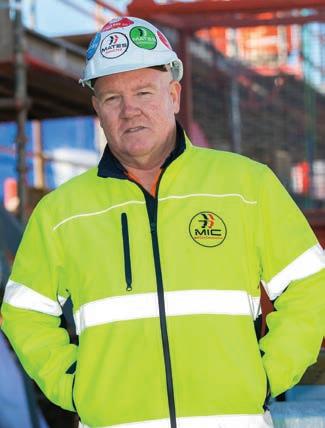
CAPACITY BUILDING
Programs are designed to actively engage the industry in sustainable programs such as the Life Skills Tool Box and MATES programs including General Awareness Training, Connector and ASIST courses.
PROVIDING HELP
Case Management that connects workers to help by using existing services, ensuring that help is both practical and useful.
RESEARCH
Gathering data and partnering with research institutions to provide useful, insightful and practical information for application in the industry, under guidance of the MATES in Construction Board.
MATES in Construction is an independent charity and anyone wanting to support the MATES Industry Partnership Program can contact Greg Johnston on (07) 3063 7055. Website: https://mates.org.au/how-mates-works
MENTAL HEALTH AND WELLBEING
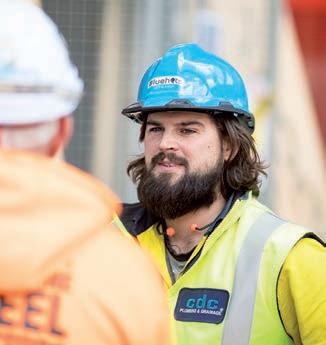
THE BLUEHATS PROJECT WAS BORN OUT
of Commercial construction builders and Unions coming together and acknowledging that the Industry had an issue with poor mental health and suicide. Whilst not exclusive to this industry but simply a reflection of issues impacting the community; the industry decided it needed to do something to protect and support their people.
As Incolink was already the Industries’ wellbeing and support agency, providing outpatient counselling, Critical incident response, Education and Information sessions at Unions and Employers training Centres, tool boxes and many more other services in Victoria and Tasmania; the industry commissioned Incolink to develop a program to facilitate direct support with these issues in an endeavour to reduce the suicide rate amongst the commercial building industry.
Bluehats is a peer support program based on educating and training people to look after and support each other. It consists of 4 tiers.
TIER ONE:
Incolink engages with employers to train everyone on site with a one hour of general awareness session about good mental health and suicide prevention. These sessions are conducted on site in small groups, no larger than 40 people. The aim of these sessions is to: 1) Give people general skills to identify and manage stress and signs of suicidality. 2) Induct everyone on site to the Bluehat project and making them aware that the site will now be a Bluehats site equipped with Mental health and suicide first aiders. 3) Give them the opportunity to do a further seven hours training at our head office to become a Bluehat (Mental Health and Suicide First Aider).
TIER TWO:
Those who volunteer to do the further seven-hour training (this training is in groups of 12 participants only) are upskilled to recognise some of the signs and symptoms of poor mental health and are given skills to ask the suicide question.
During the seven-hour training, the first aiders are trained using an international suicide prevention method developed by Living Works called SafeTALK. A methodology that is not only designed to be used in the workplace; but a skill they can take back to their own community at the footy club, netball club, etc.
This training focuses heavily on providing a platform for first aiders (Bluehats) to invite people to reach out as well as self-care for those putting their hand up to be first aiders.
Once they complete the seven hours training, they are given a blue hat to wear so they can be easily recognisable on site and approachable by those in need. Their photo is also put on the notice board next to the physical first aiders and HSR’s so everyone knows who they are.
TIED THREE:
Incolink provides ongoing support to all the Bluehats. It runs a database of all Bluehats who are sent monthly text messages with self-efficacy messages, information regarding topics for the month; events such as Men’s health week, diabetes month, etc for them to spread the message on sites and also continue to look after themselves.
Incolink conducts regular site visits and phone calls to continue to promote and support the program. Bluehats are encouraged to stay in touch with each other as well to promote sustainability of project. Once a year there is a one-day forum where all Bluehats are invited to attend for further development and an opportunity to share some of their stories with their peers.
TIER FOUR:
Incolink is committed to this project and conducts ongoing evaluation and research to ensure that the outcomes of the project are being met.
The two key outcomes are to improve/ enhance help seeking behaviour amongst the Industry (particularly men) and essentially reduce the suicide rate in the commercial building industry. This project target all people working in the commercial building industry, which means both blue collars and whitecollar workers. The aim is to ensure that every site in Victoria and Tasmania is a Bluehat site; meaning every single worker in Victoria and Tasmania is given at least a one hour session on the site he or she works on, and that every site has Bluehats (first Aiders) on site.
Since October 2018, Incolink has trained over 5000 workers with the one hour General Awareness Session (GAS) and there are over 250 Bluehats (mental health & suicide first aiders) placed in sites around Victoria and Tasmania with another 200 waiting to be trained. Please promote the 24/7 crisis support number at 1300 000 129.
2020 REACH 75,000 INDUSTRY READERS WITH THE CRANES AND LIFTING MAGAZINE SHOWCASE 2020
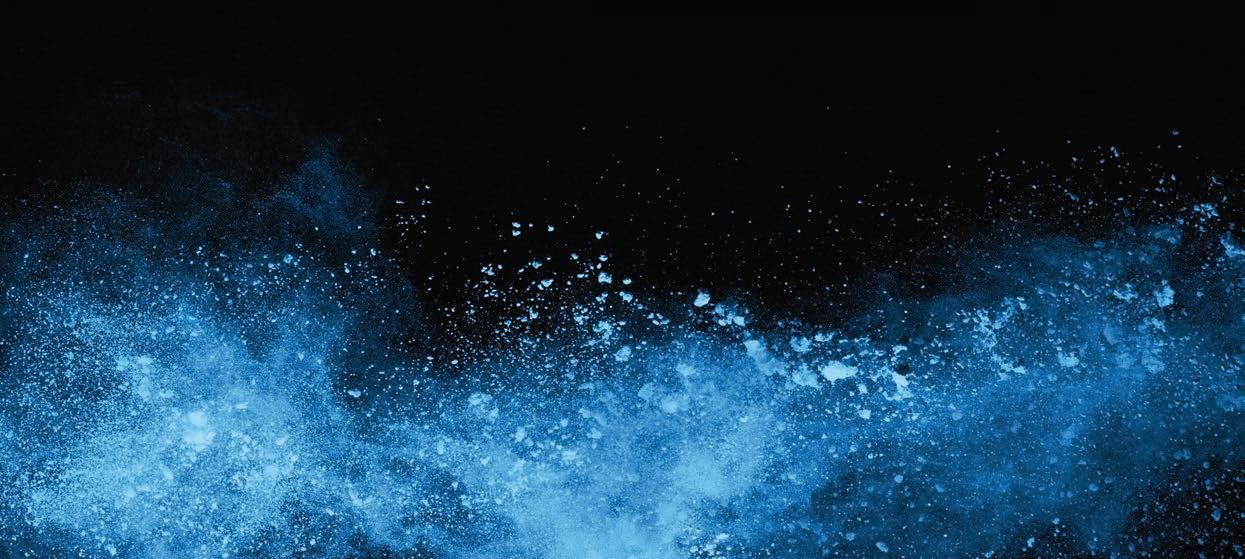

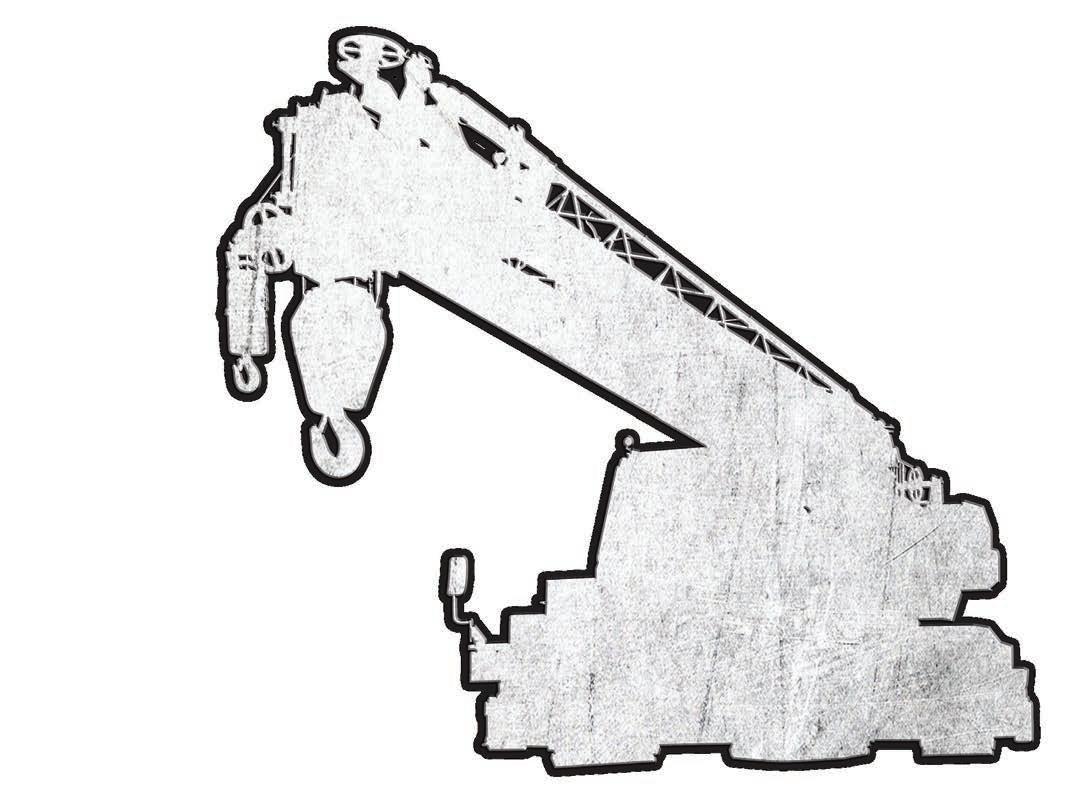

CRANES AND LIFTING MAGAZINE WILL LAUNCH A NEW INITIATIVE IN THE SEPTEMBER/ OCTOBER 2020 ISSUE.
THE CRANES AND LIFTING SHOWCASE 2020 PROVIDES EVERY CICA MEMBER WITH THE OPPORTUNITY TO LIST THEIR PREMIER CRANES IN ITS FLEET FREE OF CHARGE.
CIRCULATION AND ADDITIONAL COVERAGE FOR THE CRANES AND LIFTING SHOWCASE 2020
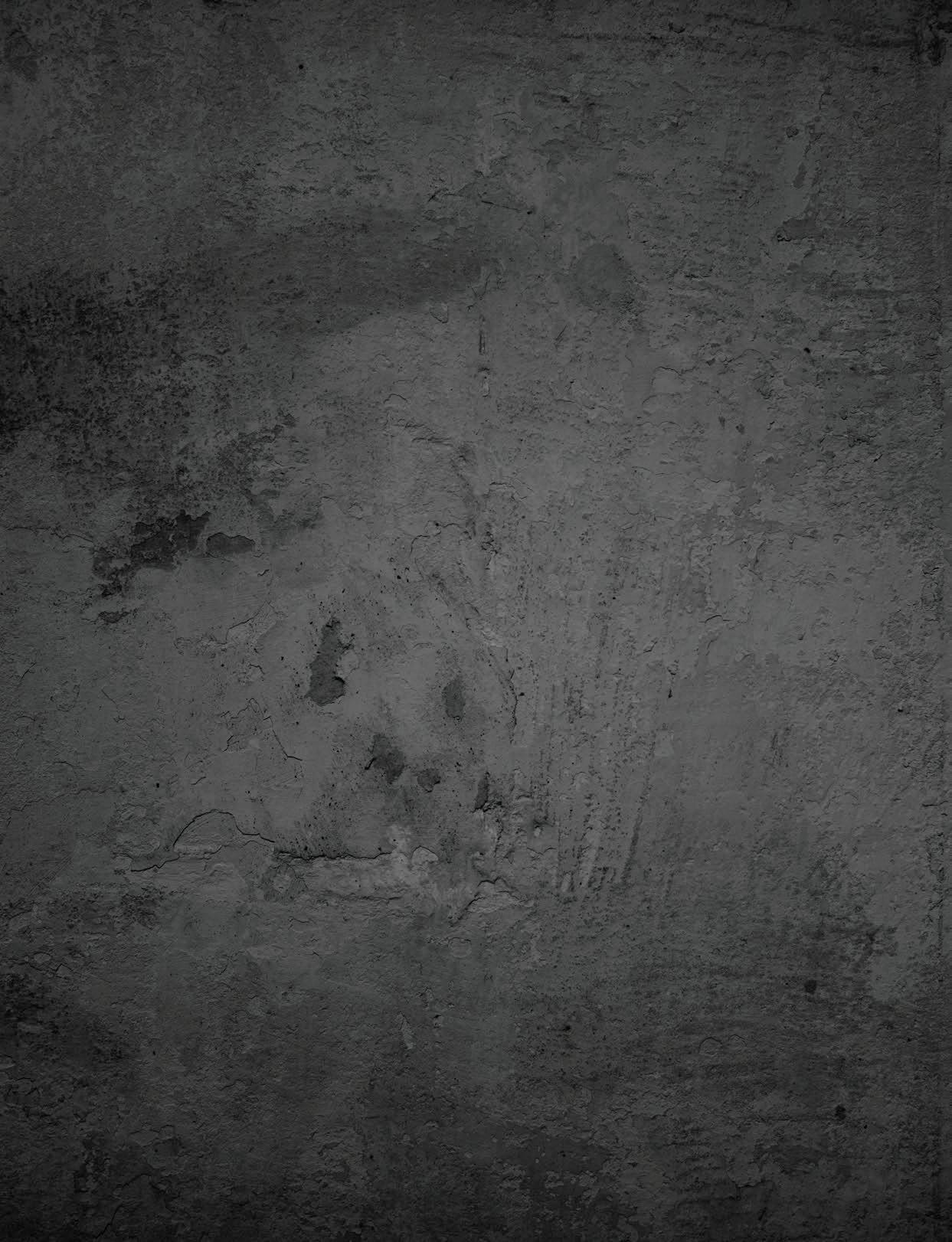
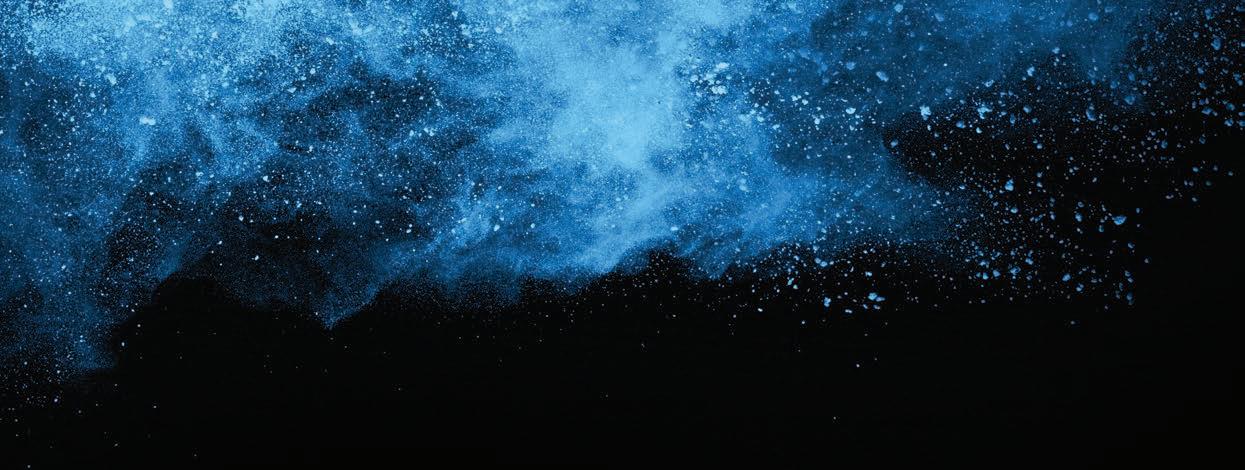
The SHOWCASE will first appear as a section within the September/October issue of Crane and Lifting. We will then extend the reach of the SHOWCASE by utilising the readership and circulation of other titles in the magazine’s group.
This coverage will be via the digital products and platforms of titles including AUSTRALIAN MINING, INSIDE CONSTRUCTION, ROADS & INFRASTRUCTURE and QUARRY. Combined, these readerships have a weekly reach of 75,000, which includes the distribution of eNewsletters and traffic to the various websites.
The Cranes and Lifting SHOWCASE 2020 will then be housed on the respective websites in a downloadable, PDF format. An extensive marketing campaign is planned to create awareness of the SHOWCASE’S availability.
For further information on the advertising opportunities within the SHOWCASE please contact: Brad Marshall on 0403 993 443 / Email: brad.marshall@primecreative.com.au

